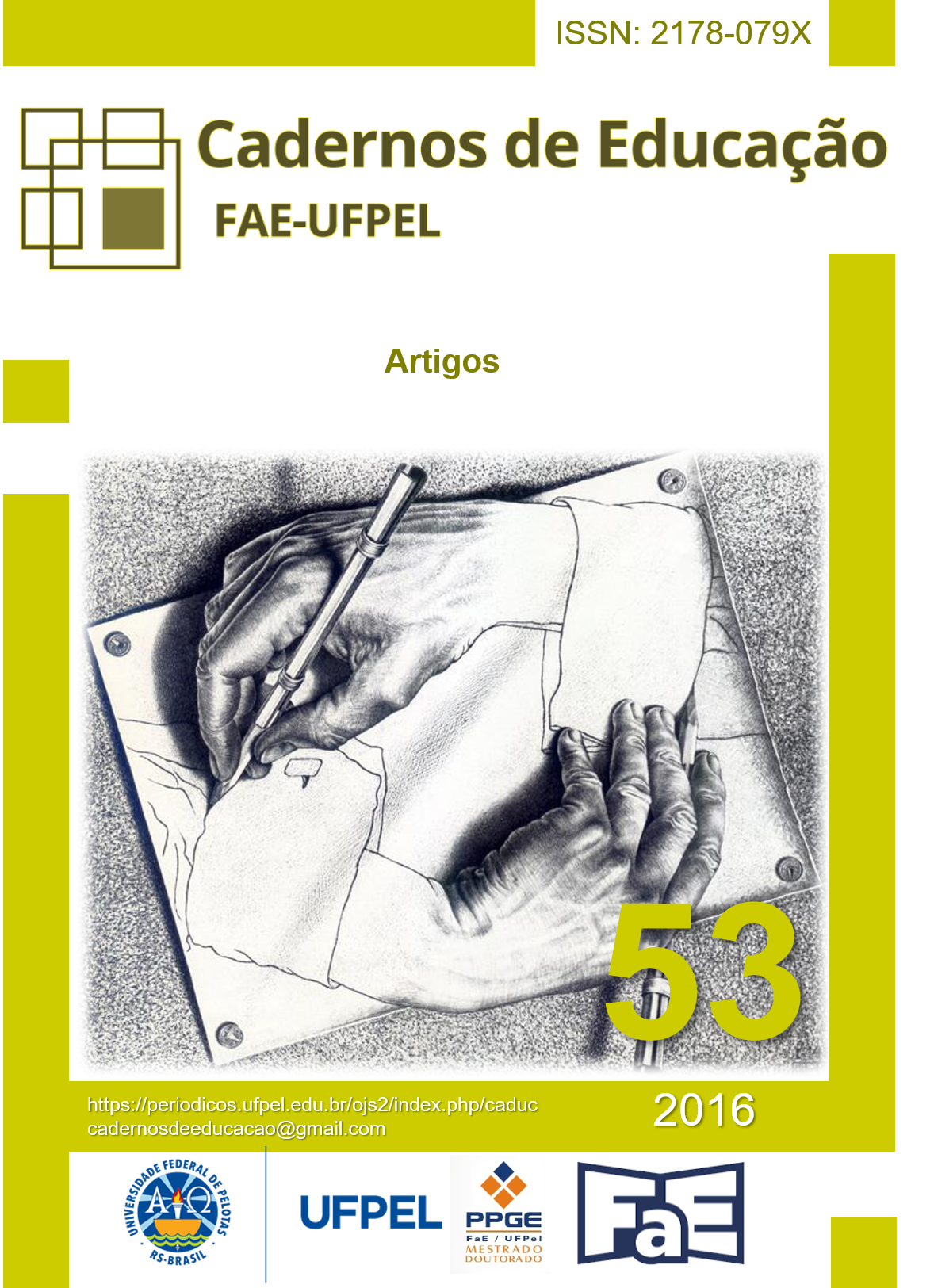QUALITY REVIEW OF SINGLE-CASE STUDIES CONCERNING EMPLOYMENT SKILL INTERVENTIONS FOR INDIVIDUALS WITH DEVELOPMENTAL DISABILITIES
Resumo
This review analyzed the quality of 39 single-case studies and 83 individual experiments focused on teaching employment skills to individuals with developmental disabilities. Experiments were assessed and included in further analyses based on the basic design standards and evidence standards (KRATOCHWILL et al., 2010, 2013). Study elements were also rated according to descriptive quality indicators indicating the level of study design, procedure replication, maintenance and generalization of skills, and procedural fidelity. Video modeling, audio cueing, visual, and prompting interventions were primarily implemented in a majority of the 38 studies and 75 experiments that passed the design and evidence standards. These interventions were then assessed according to the 5-3-20 evidence-based standard (HORNER et al., 2005; KRATOCHWILL et al., 2010, 2013). According to overall analyses, quality video modeling interventions were considered as the only evidence-based intervention according to the 5-3-20 indicators (HORNER et al., 2005, KRATOCHWILL et al., 2010, 2013). This review analyzed the quality of 39 single-case studies and 83 individual experiments focused on teaching employment skills to individuals with developmental disabilities. Experiments were assessed and included in further analyses based on the basic design standards and evidence standards (KRATOCHWILL et al., 2010, 2013). Study elements were also rated according to descriptive quality indicators indicating the level of study design, procedure replication, maintenance and generalization of skills, and procedural fidelity. Video modeling, audio cueing, visual, and prompting interventions were primarily implemented in a majority of the 38 studies and 75 experiments that passed the design and evidence standards. These interventions were then assessed according to the 5-3-20 evidence-based standard (HORNER et al., 2005; KRATOCHWILL et al., 2010, 2013). According to overall analyses, quality video modeling interventions were considered as the only evidence-based intervention according to the 5-3-20 indicators (HORNER et al., 2005, KRATOCHWILL et al., 2010, 2013).


